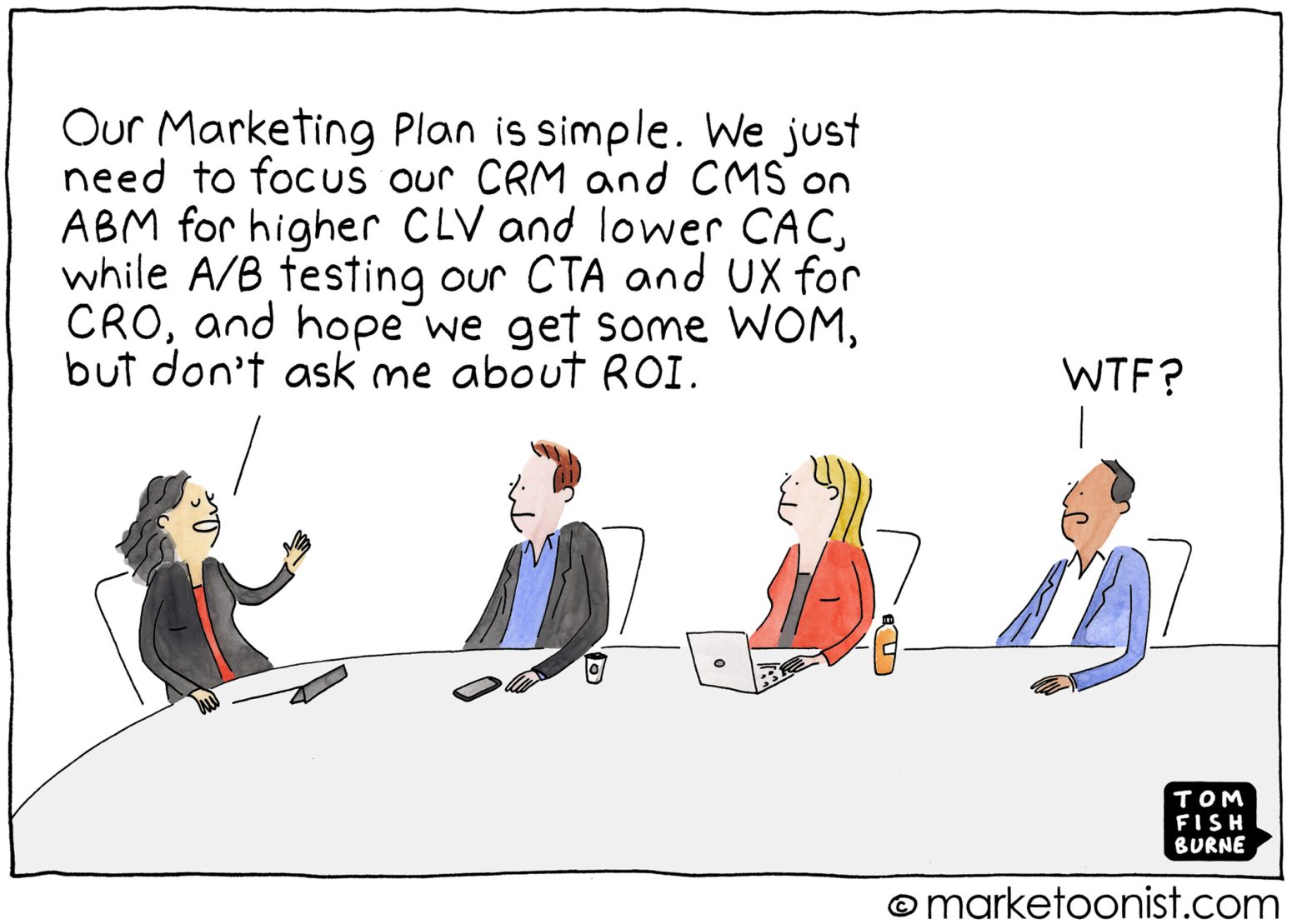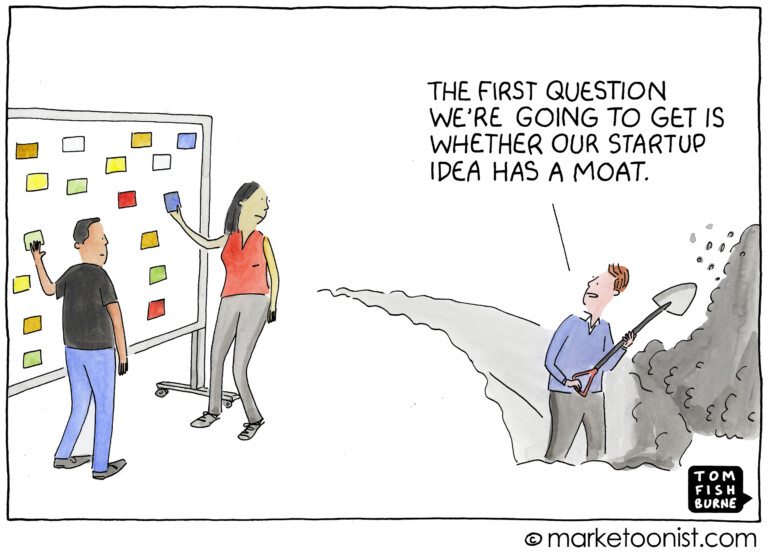Ambivalent Uncertainty: How Vague Advertising is Confusing Consumers
In American constitutional law, a void for vagueness declaration means that a law is invalid or void because it is not sufficiently clear.
The vagueness doctrine stipulates that a statute or law is unenforceable if it is too vague for the average citizen to understand.
Just think about what creative lawmaking executive branches of government could do with a little vagueness in their arsenal.
We could have criminal statutes like:
“Thou shall not be unpleasant.“
“Refrain from all forms of jerkiness.“
“Don’t be ill if it’s in your will“
But crazy enough, there was one such famous case that used the vagueness doctrine to invalidate a legal claim – called the “Papachristou v. City of Jacksonville.“
Turns out the City of Jacksonville got creative with a local ordinance it imposed which criminalized, among other things, “persons wandering or strolling around place to place without any lawful purpose or object.“
The Justice had none of it and declared, “These unwritten amenities have been in part responsible for giving our people the feeling of independence and self-confidence, the feeling of creativity…they have encouraged lives of high spirits rather than hushed, suffocating silence.“
Hmm.
Gets me thinking about the marketing and advertising world – maybe they could use a vagueness doctrine like this too.
Consider some of the company slogans you see out there today:
Honda – “The Power of Dreams”
Under Armour – “I Will”
Audi – “Truth in Engineering”
Adidas – “Impossible Is Nothing”
Time Warner – “Enjoy Better”
Burger King – “You Rule”
Samsung – “Together for Tomorrow”
Airbnb – “Belong Anywhere”
Dow Chemical – “Seek Together”
And the list goes on.
Makes you wonder how much these companies paid for these puppies doesn’t it?
And why they did do such a thing in the first place?
I have a suspicion as to why a company with lots of “smart” folks would do such a thing…
…they listen to the “smarter” folks…
…those that run today’s advertising agencies.
In the advertising world, it pays to be clever, cute, and most notably – vague.
When everyone is confused, they’ll keep paying the bill, I guess.
But just imagine if today’s advertising world had a vagueness doctrine in place – a law that invalidates it because it is too vague for the average citizen to understand.
When you think about it, we kinda already have something like this in place.
It’s called ambivalent uncertainty.
It’s when consumers, after being bombarded with thousands of vague and meaningless advertising jargon on a daily basis, finally succumb to the tsunami of digital noise and get carried off in a sea of marketing sorrow.
Rendered mute and motionless, ambivalently uncertain consumers head straight for the emotional “do not buy” exits, cause it’s hard to make sense of the senseless.
If ya know what I mean.
“Vaguerity” (yes, I just made that word up, ain’t it cool?), like Vulgarity, is causing a ruckus in the media, marketing, and advertising of the day.
But let’s take this one step further.
After all, that’s what us unruly folks like to do!
Back to the vagueness doctrine for advertising concept.
What if you violated the Advertising Vagueness Doctrine (AVD)?
Once a company violates the AVD, it must pay a vagueness toll.
That toll could and should then be passed on to the advertising agency that created it.
Maybe, just maybe, that would have a trickle-down effect on today’s marketing.
Image a world where advertising is:
:: clear
:: evident
:: obvious
:: unmistakable
:: coherent
:: unambiguous
:: barefaced
:: recognizable
:: purposeful
:: precise
:: nonambiguous
:: plain as f’n day
Cue the orchestra!
And allow me to steal a line from The Beach Boys’ classic, “Wouldn’t It Be Nice,” –
“Wouldn’t it be nice if we could wake up…In the morning when the (advertising) day is new”
Indeed, that would be nice.
Don’t be vulgar. Don’t be vague.
For there is a price to pay.
To your unruliness ~






